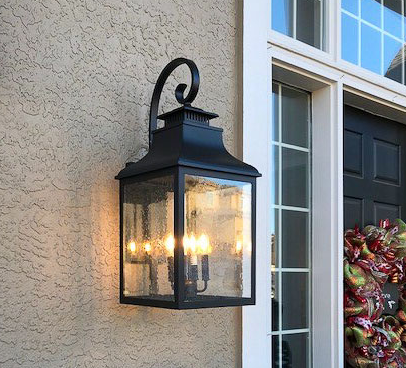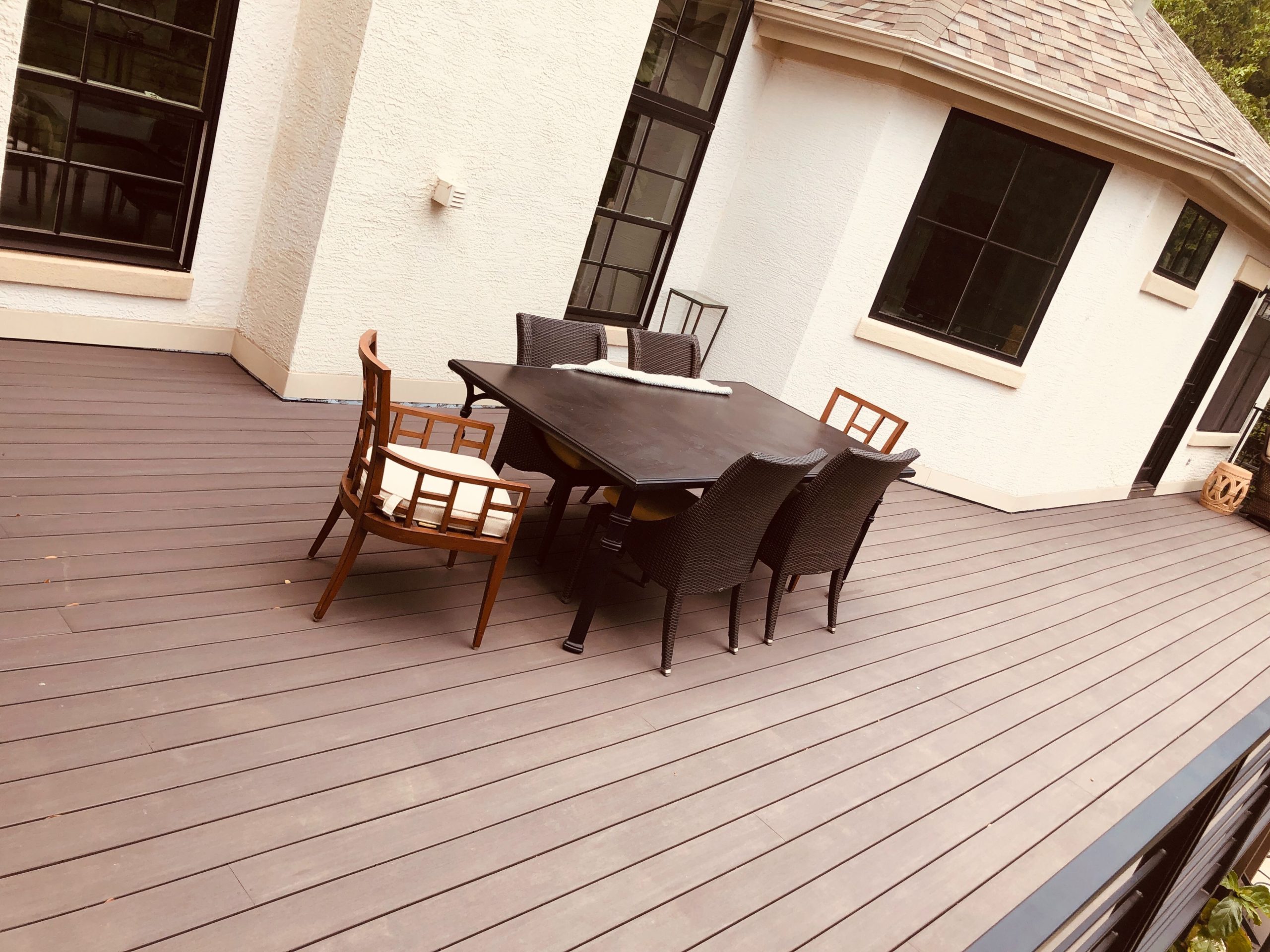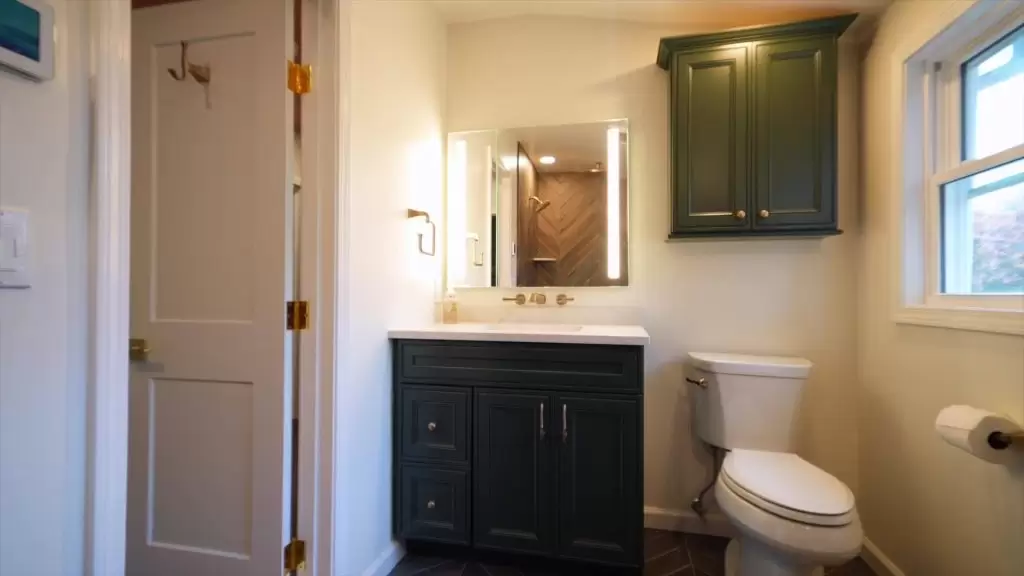Top 7 Plumbing Issues You Should Never Ignore

Key Takeaways
- Ignoring even minor plumbing issues can lead to costly damage, wasted water, and health risks.
- Prompt attention to leaks, clogs, and pipe damage helps prevent major repairs and disruptions.
- Regular inspections and preventive maintenance are essential for a safe, comfortable home.
Plumbing issues often start small, but if ignored, they can escalate into significant problems that disrupt your daily life and threaten your property. From the steady drip of a leaky faucet to the more alarming signs of sewer gas in your home, it’s essential to know what to watch for. Addressing plumbing concerns as soon as they appear will protect your home’s value and help conserve vital resources, especially in regions facing water scarcity. For those in Independence, Missouri, reliable local service is essential, and you can find help at https://lutzplumbing.com/independence-mo/.
Taking swift action can also help reduce monthly utility bills, prevent mold growth, and safeguard your family’s health. A proactive approach is the best way to minimize the risk of extensive repairs, insurance claims, or prolonged inconvenience caused by water damage or sewer backups.
Dripping Faucets
Even a minor drip from your kitchen sink can add up to thousands of gallons wasted each year, translating to higher water bills and unnecessary environmental impact. In most cases, faulty washers or corroded valve seats are to blame. Addressing a dripping faucet is usually a quick fix and can save water and money while helping the planet. According to the U.S. Environmental Protection Agency (EPA), the average household’s leaks can account for nearly 10,000 gallons of wasted water annually, with dripping faucets being a primary cause.
Running Toilets
A toilet that continues to run after flushing is more than annoying — it can waste up to 200 gallons of water daily. A malfunctioning flapper, fill valve, or flush mechanism is often responsible. Neglecting this issue doesn’t just hit your wallet; it also risks long-term damage to the toilet’s inner workings and contributes to widespread water waste. Early repairs ensure both peace and savings.
Slow or Clogged Drains
Slow-draining water in sinks, showers, or tubs typically signals a partial blockage from accumulating hair, grease, or foreign objects. Over time, clogs worsen until water backs up, increasing the danger of leaks behind walls and floors. If home remedies like plunging or using a drain snake aren’t effective, avoid chemical drain cleaners and seek professional help to avoid damaging your pipes further. Neglecting these slow drains may seem harmless now, but could require expensive repairs later.

Low Water Pressure
Low water pressure can make showers less satisfying and hamper ordinary tasks, but it’s often a sign of a hidden plumbing issue, such as a leak, pipe blockage, or mineral buildup inside your pipes. Outdated plumbing materials or municipal supply issues can also play a role. Diagnosing the cause is crucial because persistent low pressure can compromise your system’s performance and signal other lurking problems. Investigating promptly helps prevent potential pipe bursts and significant household disruption.
Water Heater Issues
Common Warning Signs
- Inconsistent or insufficient hot water
- Unusual popping or rumbling noises
- Pools of water around the base of the heater
Water heater problems can disrupt your daily routine and indicate sediment buildup, corrosion, or a failing heating element. Left unchecked, a faulty unit can cause water leaks, structural damage, or even dangerous pressure buildups. Prompt maintenance and timely repairs improve energy efficiency, reduce the risk of catastrophic failure, and extend the life of your heater. Annual inspections by a professional plumber are highly recommended for peace of mind.
Burst or Cracked Pipes
Frozen, aging, or corroded pipes are prone to cracking and bursting, especially during extreme temperature changes. Signs of trouble include water stains on walls or ceilings, reduced water pressure, unexplained puddles, and the sound of running water. Ignoring these symptoms risks catastrophic water damage, mold growth, and costly repairs. Swift intervention is required to limit property loss and restore safe conditions.
Pungent Sewer Odors
The smell of sewage in your home is a reliable indicator of a plumbing system breach, often caused by a dried-out P-trap, cracked vent pipe, or a main sewer line blockage. Beyond being unpleasant, sewer gas can present serious health risks and suggest dangerous leaks in your plumbing infrastructure. It’s critical to address strange odors immediately to protect your family’s well-being and your home’s value.
Final Thoughts
Staying informed and vigilant about your home’s plumbing is essential for safeguarding your health, finances, and property. Addressing these seven issues promptly can help avoid larger disasters, save money, and contribute to a more sustainable household. When in doubt, turn to trusted professionals and reliable resources to keep your plumbing running smoothly every season.





